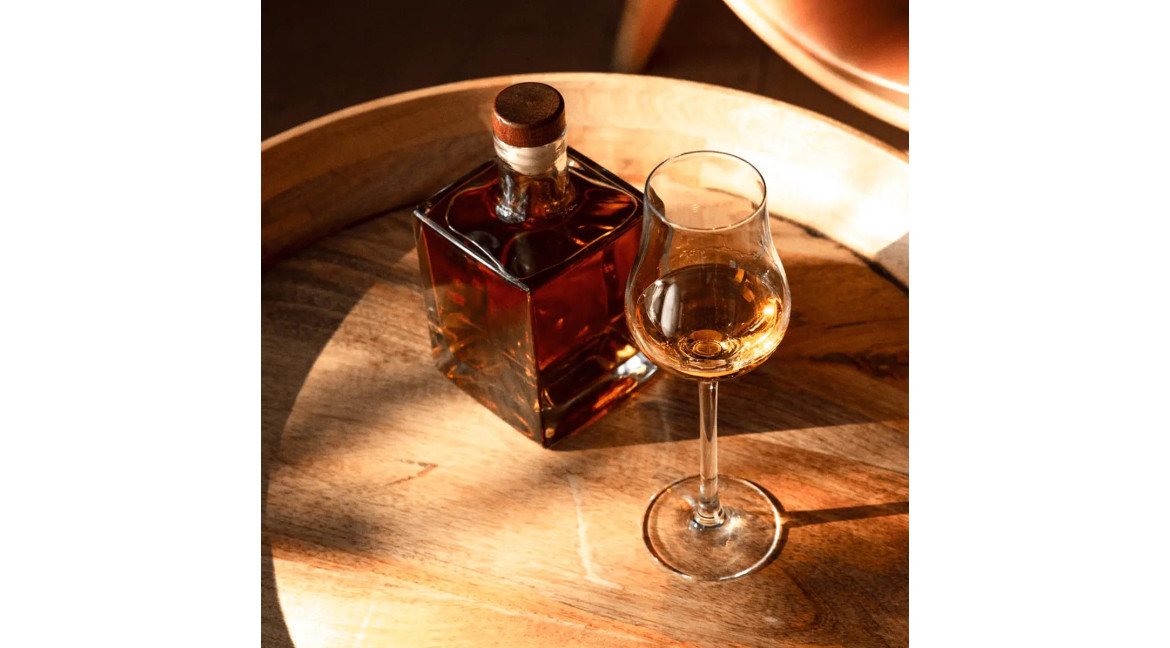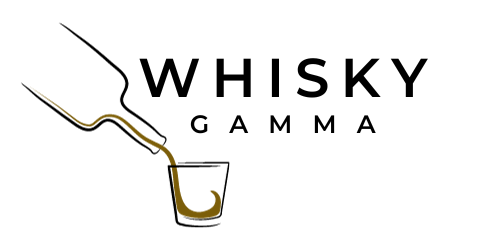
BOURBON, SCOTCH, AND WHISKY: WHAT'S THE DIFFERENCE?
It's no surprise if you find yourself perplexed by the nuances that set these three prominent grain-based spirits apart. Although they share a common foundation, their unique historical backgrounds, geographical origins, and production methods create a fascinating tapestry of differences.
THERE ARE A LOT OF TRADITIONS, TECHNIQUES, AND CULTURE SHARED BETWEEN BOURBON, SCOTCH AND WHISKY, BUT WHAT ARE THEIR CHARACTERISTIC DIFFERENCES?
You may have heard the phrase, “All bourbon and Scotch are whiskies but not all whiskies are bourbon or Scotch.” But what does that mean? And is it “Whiskey” or “Whisky”?
If you don’t know the answers to these questions, you’re not alone. Many people struggle to understand the difference between these three distinct distilled grain spirits. And while they are related, there is a wealth of history, geography and processes that make them quite different.
EVERYTHING IS WHISKY
Put at its most simple Whisky is the overall category and both bourbon and Scotch are distinct types of whisky.
All whiskies are a distilled and barrel-aged spirit made from fermented grain. The most commonly used grains are corn, barley, rye, and wheat, which each have their own unique flavour profiles. Bourbon and Scotch have specific requirements as to which type of grain is used. Scotch is made from a single type of grain, usually barley, while bourbon is made with a minimum 51% corn and them other grains are added to make the whiskey sweeter or spicy.
IS IT WHISKEY OR WHISKY?
The answer to this question is purely a matter of preference. Both are technically correct. American and Irish brands will most often use the “Whiskey” spelling, while Scotland, Canada, and a large portion of the EU tend to use the “Whisky” spelling. We prefer to use the Whisky spelling to refer to both our own and the entire spirit category unless we are speaking about specific brands that call themselves whiskey.
BOURBON
Bourbon is a type of whisky that is made exclusively in the United States. Like Scotch, which can only be made in Scotland, bourbon can only be made in the United States and there are laws that stipulate, “No whiskey made outside the United States may be labelled bourbon”.
While bourbon can be made from anywhere within the United States, the alcohol is mostly associated state of Kentucky. According to reports, approximately 95% of all bourbon is produced in Kentucky.
Bourbon must be made from 51% or more corn grain and aged in new, charred American white oak barrels. There is no specified minimum period for its ageing. Due to its corn base, bourbon tends to be sweeter on the tongue. List of requirements for bourbon production.
SCOTCH
It doesn’t take a huge leap of intuition to make the connection between Scotch and Scotland, and like bourbon can only originate in the United States, Scotch can only be made in Scotland. Scotch is usually produced by malting a single grain type like barley although there are a few exceptions. The legacy of Scotch can be dated all the way back to the 15th century, but it wasn’t until 2009 that the Scotch Whisky Regulations were established to define the rules and regulation around what can, and cannot, be labelled a Scotch.
SINGLE MALT SCOTCH
Single Malt Scotch is a type of whisky made in Scotland and refers to a process where the grain type, barley, undergoes a malting process, fermentation process, distillation and cask maturation at a single distillery. The individual casks can be mixed and blended. This process must be followed precisely in order for alcohol to be labelled a Single Malt Scotch or a Single Malt Whisky.
